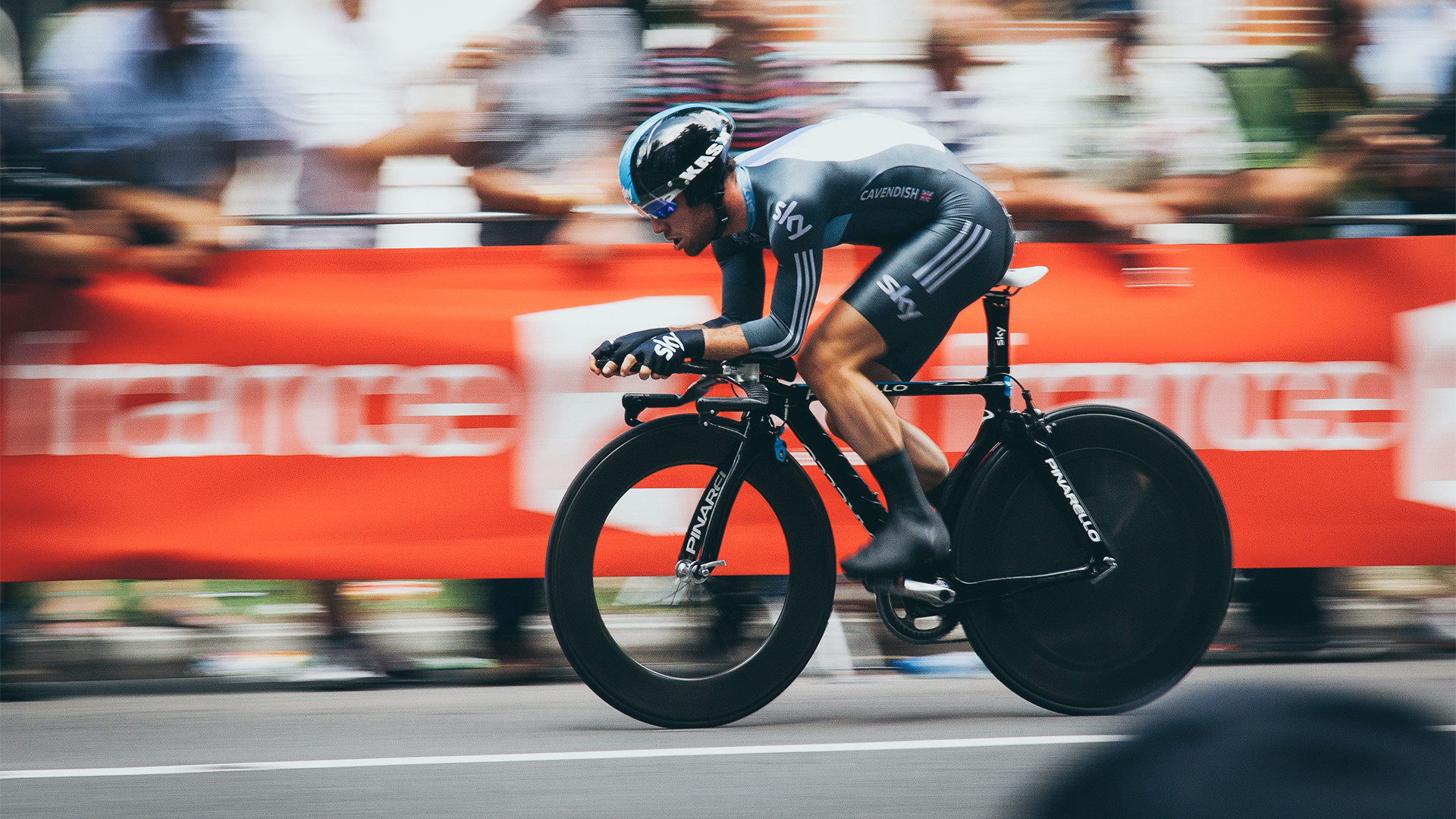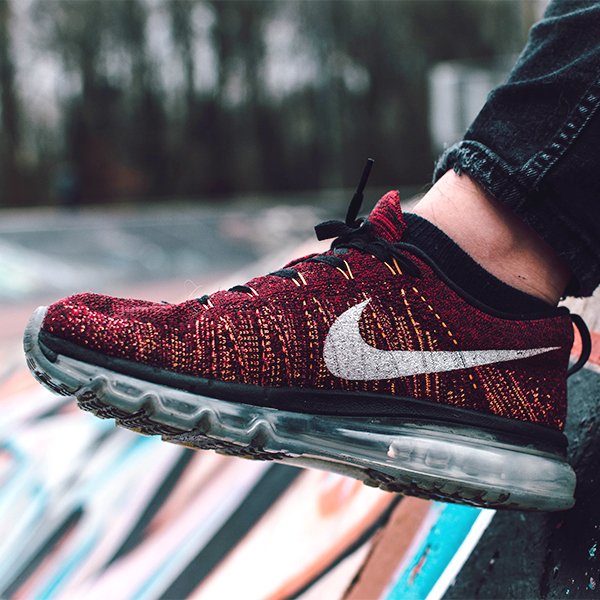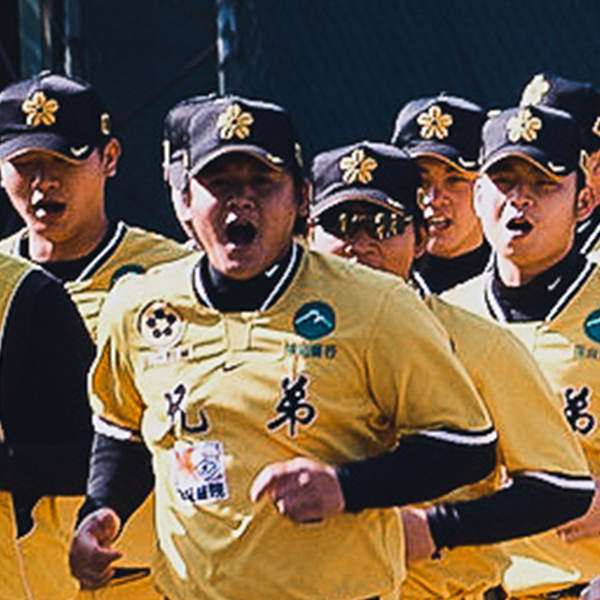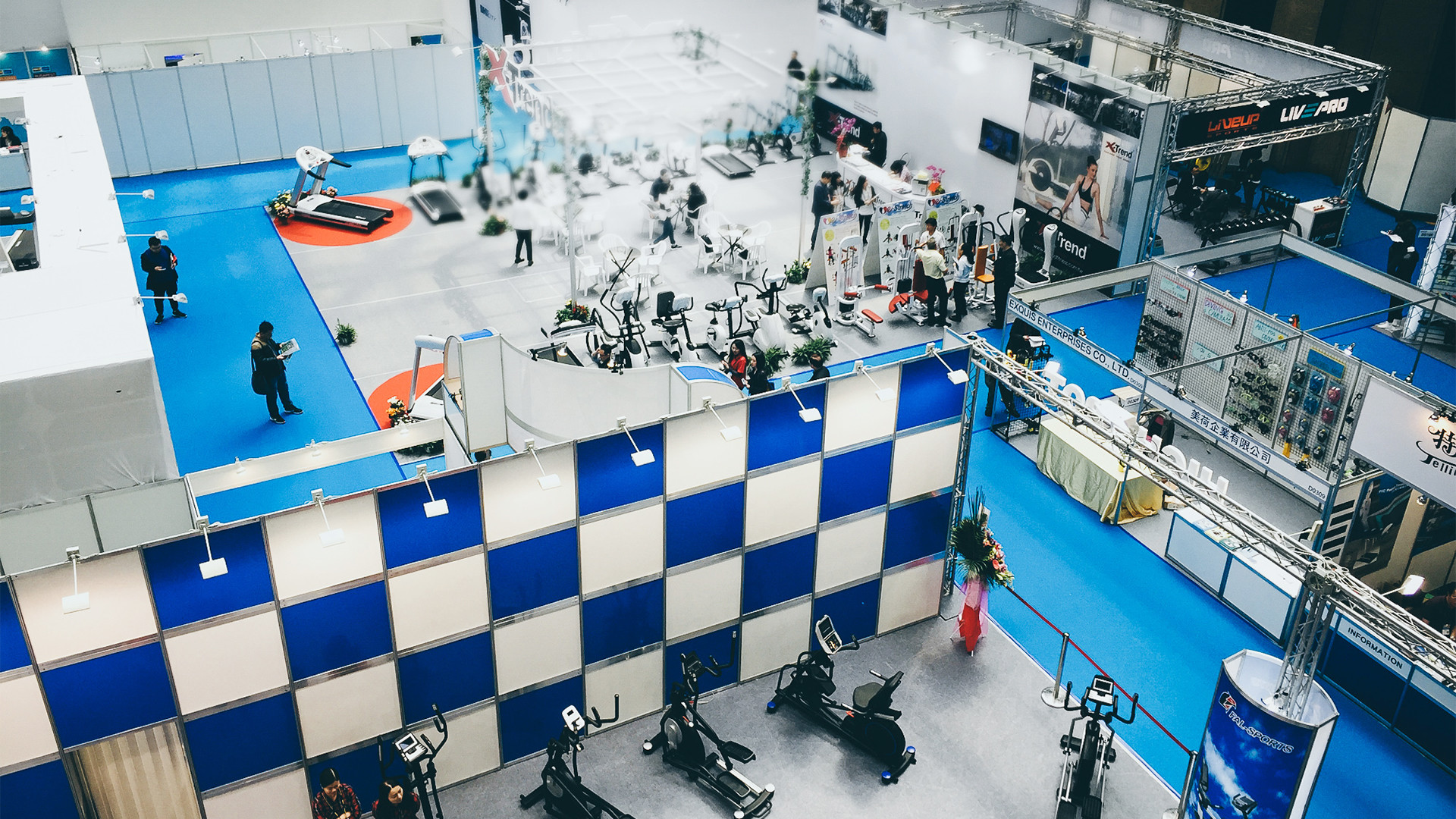Taiwan’s national identity would receive a big boost from association with professional cycling, but China looks increasingly likely to be the first-mover.
Late last year, China announced plans to form the world’s first Asia-based WorldTour professional cycling team. Coming on the back of China’s aggressive move into other professional sports, including the successful hiring away of many of the world’s top footballers from Europe, it appeared that China was prepping a siege of professional cycling as well. Alas, the China deal fell through at the last minute; a fact that doesn’t preclude China from trying again at the end of the 2017 season. China’s moves to build an association with professional cycling must serve as a wake-up call for the island of Taiwan.
The world leader in bicycles, but little national identity to show for it.
Taiwan is the world’s leading maker of high-performance bicycles—bicycles with retail prices ranging from 2,000~12,000+ euros. The nation exported nearly US $3 billion worth of them last year alone. Highly competitive aluminum and carbon fiber production technologies, first developed in the 1990s, put Taiwan at the forefront of the industry’s manufacturing more than a decade ago. It’s a position the island nation has maintained ever since; and yet, a fact unknown to global consumers who draw little connection between the sport of cycling and Taiwan.
To be sure, China has little association with the world of cycling (save for the throngs of black Flying Pigeon brand bicycles that crowded the country’s city streets two decades earlier). The creation of a WorldTour team based in China, however, would serve to alter perceptions, embolden China’s own bicycle industry, and open doors for Chinese brands.
China’s aggressive move into professional sports is evidence not only of China’s ambitions in the world of sport, but also proof of its deep understanding of the indirect economic benefit of sports marketing. Professional sports have long served in the international identity building of nations; basketball and the USA as one example.
By contrast, Taiwan has long under-appreciated and, ultimately, disregarded the value of such kind of marketing. The result: the rather awkward position of being the world’s leading maker of bicycles and bicycle accessories, and yet with little to no association with cycling among the international consuming public.
Taiwan was in a position to create the world’s first Asia-based WorldTour team more than a decade ago.
It must be noted that Taiwan was in an ideal position to bring the first WorldTour cycling team to Asia more than a decade ago—an endeavor DDG encouraged the government to pursue, in light of the findings from a global market audit of Taiwan’s sports and leisure goods industry conducted in 2010. At that time, Giant and Merida were already sponsoring professional teams with bicycles, and component brands including FullSpeedAhead (FSA) and Prologo were also readily found on team equipment. More significantly, HTC was title sponsor of the highly-regarded HTC-Highroad professional cycling team, and Garmin (a brand loosely associated with Taiwan) was the title sponsor of the American-based Garmin-Transitions pro team.
DDG saw a role for the Taiwan government in bringing the stars into alignment. There was an unprecedented opportunity to promote Taiwan through the creation of one, possibly even two Taiwan-based WorldTour professional cycling teams. The widespread popularity of bicycle racing in Western Europe would mean that Brand Taiwan would reach not only sports enthusiasts, but the greater public as well. Such an investment would even have global reach, as three-week races such as the Tour de France, the world’s third most-watched sporting event after the FIFA World Cup and Olympics, draw a global viewership of 3.5 billion every year. Even the growing popularity of cycling in Taiwan—fast replacing golf as the sport du jour—would provide desirable domestic support and enthusiasm for such a venture.
A WorldTour team is the ideal means to burnish Taiwan’s brand.
The government’s involvement in creating a Taiwan-based WorldTour team made sense for more fundamental reasons. In a 1000-person global consumer survey conducted at the time of the audit, 65% of interviewees demonstrated awareness of the Giant brand while only 2% readily associated Giant with the nation of Taiwan—instead, the vast majority viewed Giant as a brand of US origin. An assertive link between Taiwan and professional cycling might give Giant and other local brands the confidence to deepen their connection with Brand Taiwan. The survey’s other key finding, that consumers from Europe and US continue to harbor negative perceptions of Taiwan-produced goods—a hangover from the poor-quality products of the 1970s and 1980s—might also be addressed by consumer confidence gained through a close connection to professional sport.
Bringing together two of the world’s biggest bicycle brands in Merida and Giant, with leading technology brands HTC, Garmin or Acer and Asus, would have provided the Taiwanese government with a once-in-a-lifetime opportunity to raise the profile and the position of Taiwan’s own national brand, erasing decades of misperception and even mistrust in Taiwan-made products held by consumers. The cost to taxpayers would have been minimal as sponsorship dollars would have funded much of the operations, much as the proposed China team would rely on backers Tencent and others to fund the cost of their team operations. (It had been reported that the to-be-announced China team had already signed team sponsorship deals with Chinese brands to the tune of 120 million euros.)
With China showing interest, it is time for Taiwan to make it happen.
From its emergence over a century ago, professional cycling has remained a largely European affair. Now, however, shifts in the global economy are bringing significant change to the sport. For 2017, seven of eighteen WorldTour professional teams are incorporated outside Europe, including Australia (1), USA (3), South Africa (1), and the Middle East (2). The team that planned to set up in China has since found its home in the United Arab Emirates. It will not be long before Asia has its first WorldTour team. Given Taiwan’s long-held leadership position in the bicycle industry, a growing appreciation for the sport among citizens, and the government’s ambition to establish Taiwan as a cycling destination here in Asia, it would be unforgivable if the first pro team in Asia didn’t come from Taiwan. Taiwan must make it happen.



